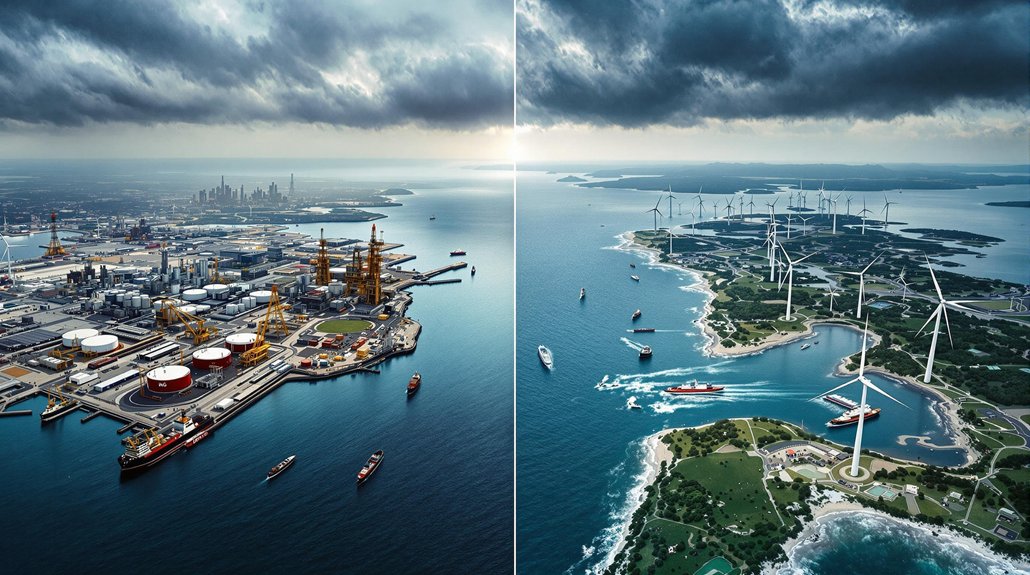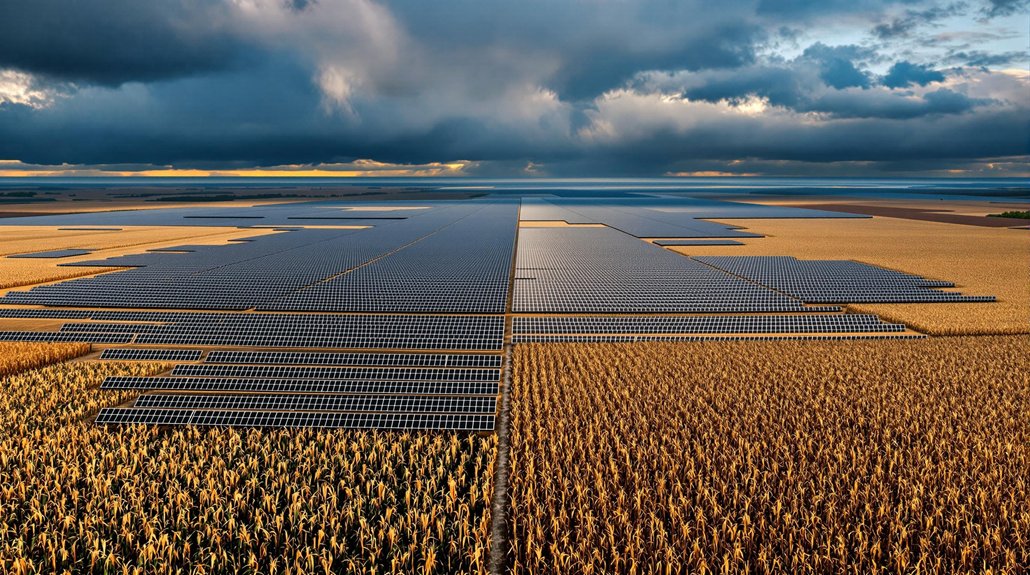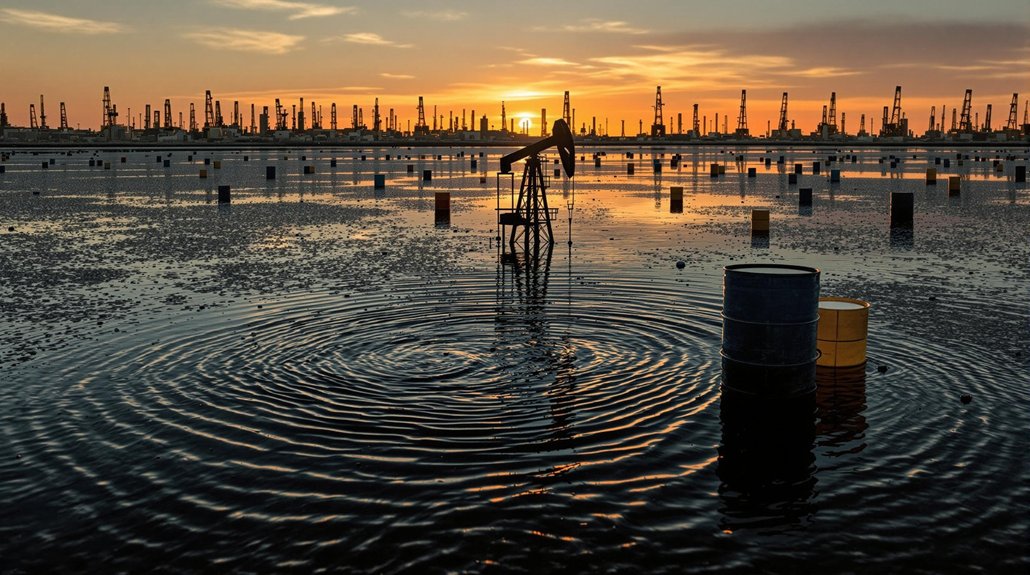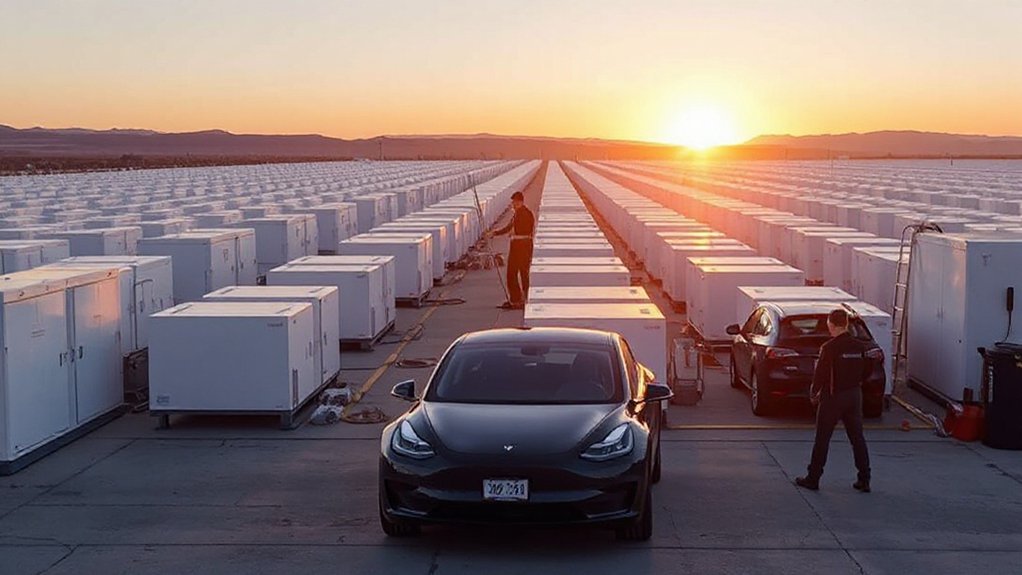The US and EU are on collision course over energy. America loves its oil and gas boom, while Europe frantically cuts ties with Russian suppliers and pushes renewables. Both want cheap energy, but their methods couldn’t be more different. The EU embraces carbon pricing and collective action; the US prefers state-level patchworks and carbon capture dreams. Their competing strategies—Inflation Reduction Act versus REPowerEU—are creating an economic mess. China’s watching the drama unfold.
While facing the same global energy challenges, the United States and European Union couldn’t be charting more different courses if they tried. America’s doubling down on its oil and gas boom, flexing those shale muscles like there’s no tomorrow. Meanwhile, Europe’s frantically cutting ties with Russian energy after Putin’s Ukraine invasion left them scrambling for alternatives. Talk about awkward breakups.
Both want affordable energy. Both fear cyber attacks on their increasingly digital grids. Yet their approaches? Night and day. The EU’s betting big on carbon pricing, aggressive renewables targets, and coordinated decarbonization. The US? More like a patchwork quilt of state policies, minimal carbon pricing, and a love affair with carbon capture and blue hydrogen. Classic American individualism versus European collectivism, playing out in kilowatts and therms.
America plays energy checkers while Europe plays chess—both watching their backs for hackers while pursuing fundamentally different paths to power.
Russia’s weaponization of energy markets sent shockwaves through Europe, accelerating their dash from dependence. American LNG tankers couldn’t sail fast enough across the Atlantic to help fill the gap. Convenient timing for US producers looking for new markets. Funny how geopolitics works sometimes.
Even their corporate giants reflect the divide. European oil majors are racing toward renewables while their American counterparts take baby steps, keeping one foot firmly planted in fossil fuel profits. Can’t blame their shareholders, but the contrast is striking. Despite apparent differences, both regions fundamentally share a commitment to rules-based order that underpins their energy security approaches. Investment trends tell the story clearly, with renewable energy investments now outpacing fossil fuels at a ratio of $1.70 to every dollar.
The policy divide creates real economic friction. The Inflation Reduction Act and REPowerEU represent competing industrial strategies that sometimes look more like subsidy wars than coordinated approaches. Throw in some tariffs and trade tensions, and you’ve got yourself a transatlantic energy policy mess. The EU Commission’s Clean Industrial Deal demonstrates their uncompromising commitment to decarbonization despite these tensions.
Both sides recognize they need each other. Critical minerals, clean tech supply chains, cybersecurity—these challenges demand cooperation. But first, they’ll need to bridge that widening Atlantic gap in energy philosophy. Otherwise, China watches and waits, ready to fill any vacuum created by Western disunity. And nobody wants that.
References
- https://www.atlanticcouncil.org/programs/global-energy-center/transatlantic-climate-and-energy-security/
- https://www.atlanticcouncil.org/content-series/global-energy-agenda/eu-us-energy-cooperation-forging-stronger-connections-in-times-of-division/
- https://www.woodmac.com/blogs/the-edge/narrowing-trans-atlantic-divide-on-energy-transition/
- https://www.politico.eu/article/europe-faces-decisive-moment-energy-security-battle-ursula-von-der-leyen-warns/
- https://www.carbonfreeeurope.org/product/power-policy-and-partnerships-eu-us-energy-security-in-a-changing









